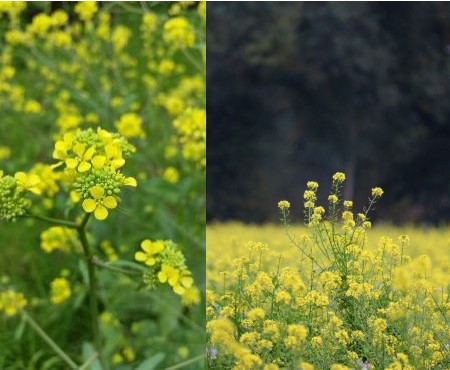

| Shadow tendency | Wholeness |
|---|---|
| Gloomy | Lighter heart and mind |
| Depressed for no known reason | Density of mind disappears |
| Closing off the rest of the world | Joy |
| Intense feelings | Inner Stability |
| Sensations of heaviness | Serenity |
| Melancholic misery | Peace |
| Heart feels as heavy as lead | Nothing can change or destroy the positive emotions you experience |
| Unhappy | Bright light sensation |
| Overshadows life of people | |
| Feels like a dark cloud preventing sunshine into your life | |
| Spells of negative emotions | |
| Forms a fluctuating cycle | |
| Deep despair | |
| Energy is easily drained | |
| Soul is morning | |
| Periods of deep gloom | |
| Suddenly appear and disappear | |
| Feels excluded from normal lie | |
| More isolated than usual | |
| Unable to cover up this mood in front of others | |
| Oppressed by doubt | |
| Periodic affliction from a malefic star | |
| Unable overcome the mood with commonsense arguments | |
| Unrecognized anger | |
| No mood swings | |
| Inexplainable sadness |
Origin and Specification of the Plant
Binomial Name: Sinapis arvensis (Rhamphospermum arvense)
Kingdom: Plantae
Family: Brassicaceae
Genus: Rhamphospermum
Species: R. arvense
Origin: Mediterranean region
Shade: Yellow
Other names: charlock mustard, field mustard, wild mustard, charlock, carlock, corn mustard, field kale, kedlock, kerlock, kinkle, wild kale, wild mustard, California rape
Elements/Chemicals contained by the plant: Sinalblin
Foliage: Deciduous
Height: 30-60cm
Description: The plant's stems may have a hint of red color, while the leaves are typically dark green, toothed, and vein-like. From April to October, the plant produces lovely yellow flowers with four petals. Its seed pods are short, cylindrical, and have flattened tips.
Flowering season: April to October
Areas of Growth: Waste ground, landfill
The etymology of Sinapis arvensis can be explained by examining the individual components of its scientific name. The genus name Sinapis is derived from the Greek word "sinapi" which means mustard. This name was chosen because the plant belongs to the mustard family, Brassicaceae. The species epithet arvensis is derived from the Latin word "arvum" which means field. This name was chosen because the plant is commonly found growing in fields and other open areas.
The medicinal properties of wild mustard are found in its seeds, which contain various bioactive compounds.
One of the most important compounds found in wild mustard seeds is glucosinolates, which are known for their anti-inflammatory and antibacterial properties. These compounds are believed to have a range of medicinal benefits, including the treatment of rheumatism, arthritis, and respiratory infections. They have also been studied for their potential to prevent and treat cancer.
Wild mustard seeds are also used to stimulate digestion and promote urine production, making it useful in the treatment of conditions like constipation and urinary tract infections. Additionally, the plant has been used as an emetic, to induce vomiting in cases of poisoning.
Specification of remedy
Group: Second nineteen
Emotional Group: Insufficient interest in present circumstances
Emotional response: Depression
Method of extraction: Boiling
Mustard relates to the soul qualities of cheerfulness and serenity. In the negative Mustard state, black depression descends like a dark cloud. Dr Bach first prepared the Mustard remedy in Sotwell in 1935.
Comparison between other flowers
Gentian:
The depression a Gentian person experiences is always from a known cause. Thus it differs from the intense gloom of Mustard which descends upon a person with no apparent reason.

On the picture on the left-hand side, we can see a closeup of a mustard flower amongst many others flowers in a meadow. In the image on the right, we can view many mustard flowers living harmoniously in the field.